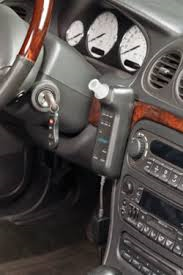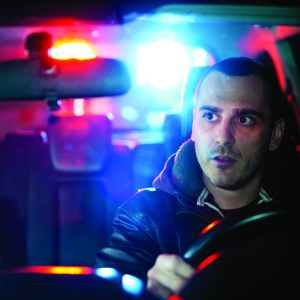An SR-22 is a certificate of insurance. It is proof that you have met the state’s minimum requirements for liability car insurance. This form is obtained from your insurance company and they file it with the California Department of Motor Vehicles, to show proof of financial responsibility.
The DMV may require an SR-22 when you reinstate your driving privileges after a suspension or revocation. This happens after a DUI arrest if you lose the Administrative Per Se (APS) Hearing challenging the license suspension, you do not request a hearing and your driving privileges were automatically suspended, or you were convicted or plead guilty to a drunk driving charge and the sentencing included a suspension or revocation.
After a specific amount of time, (depending on certain factors), you may be eligible for a restricted driver’s license. The restricted license allows you to drive to, from, and during the course of your employment and to and from the DUI program. The DMV will not issue the restricted license unless you register in and attend the requisite drunk driving program, pay the reissuance and restriction fee, and file an SR-22 with the department. The SR-22 must be maintained for a period of three years after a DUI suspension.
Most people request the SR-22 from the insurance company that is currently insuring them. However, that is not recommended. Insurance companies have millions of customers and it is not cost effective for them to run a record check on each and every customer. Instead, they rely on self reporting. Once you tell your insurance carrier that you need an SR-22, they will check your DMV record, looking for things like a DUI.
In many cases, the insurance company will not insure a driver with a DUI on their record, so they get dropped and the policy is cancelled. Other companies will issue the SR-22 but then raise the premium, as you may be deemed to be a “high risk driver.”
If you are dropped or you fail to maintain the SR-22 for the entire three years, the insurance company is required to notify the DMV. Your driving privilege will again be suspended unless you immediately obtain another policy.
The Law Offices of Susan L. Hartman recommends you do not self report. Instead, we provide our clients with the names of insurance brokers that specifically deal with drivers with driving under the influence matters. Through these brokers, the licensee can obtain a supplemental insurance policy and an SR-22; thus, maintaining their current car insurance. And, in the event that the original insurance carrier finds out about the DUI and raises the premium or cancels the policy, the brokers will help the client find another insurance company that will insure them regardless of their DUI arrest.
The above blog article is by no means all-inclusive and is not legal advice. Laws may change and may not apply to your case. For the latest information or to get legal advice, speak to a DUI attorney in your area.
Continue reading ›
 San Diego DUI Lawyers Blog
San Diego DUI Lawyers Blog


 Once a
Once a 
